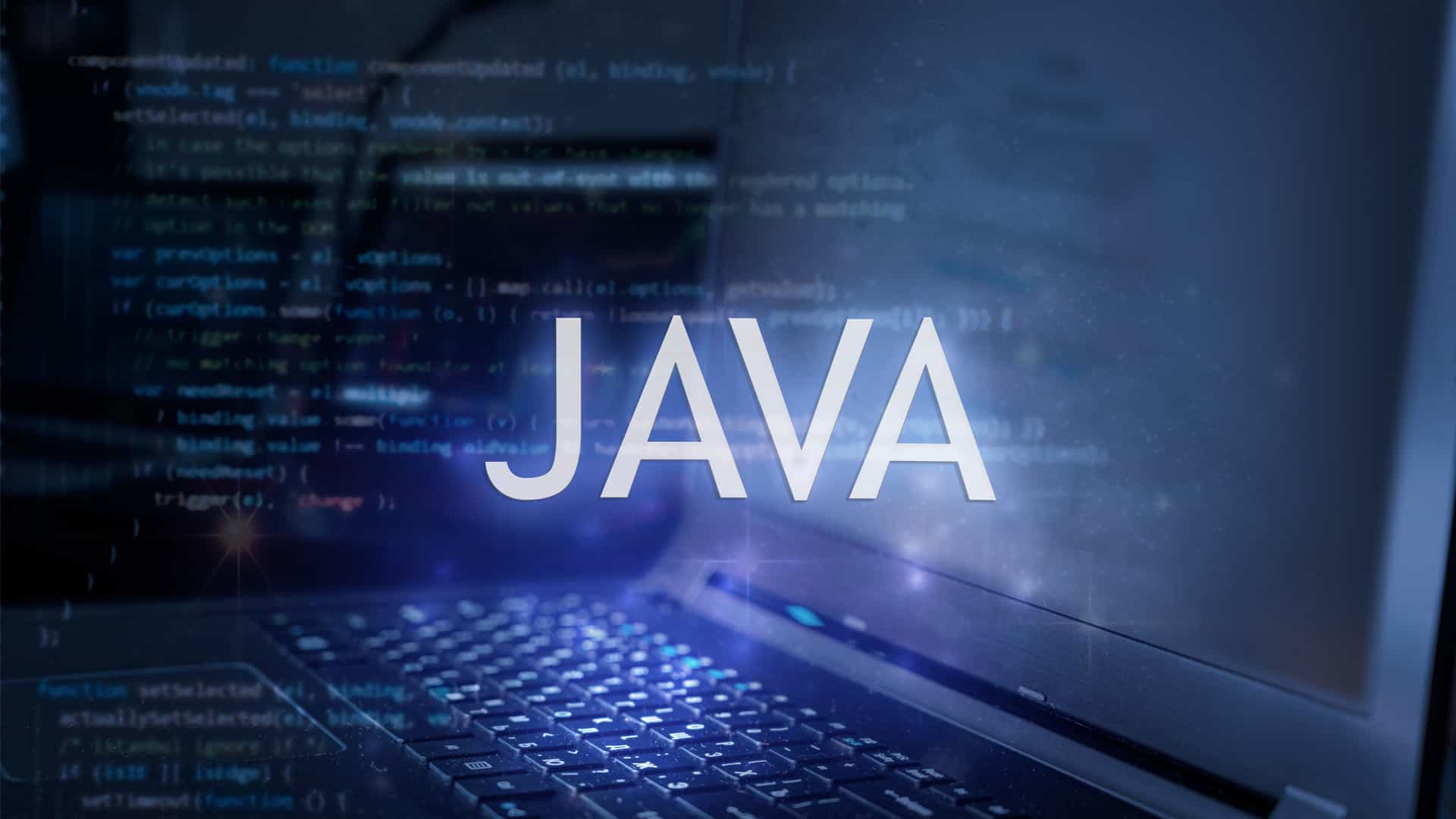
In the ever-evolving landscape of software development, it is not uncommon to encounter legacy applications written in outdated programming languages like COBOL, widely used for business applications from the 1960s to the 1990s.
As technology has progressed, the need to modernize these COBOL applications has become increasingly acute. To pave the way, we’ve explored the many strategic pathways to legacy application modernization, including here, here, and here.
We’ve also covered the many ways to achieve on-the-ground-level modernization wins, including microservices and intelligent automation.
A newer and increasingly popular approach to achieving modernization is through the conversion of COBOL code to Java using automation tools. We have some thoughts to share now that we’ve been down that road in multiple real-world contexts and even built it directly into our static analysis tool CM evolveIT.
Ultimately, the successful modernization of COBOL applications requires a balanced approach that leverages both automation and manual intervention to ensure optimal results.
In this article, we explore the valuable lessons learned during the process of converting a COBOL application to Java, focusing on the challenges faced and the role that automation plays in the process.
COBOL to Java Automation with CM evolveIT
CM evolveIT 11.6, just launched, now comes with powerful automated COBOL to Java conversion functionality, so if you’re looking for a tool to help you manage the process, look no further.
This version also includes IBM Power® (AKA IBM i, AS/400) Cobol support, full source code search, inventory statistics, diagram enhancements, source code management utility, and a new look dashboard configuration tool.
With that said, here are some of our experiences with automated COBOL to Java conversions.
First, the challenges:
The Challenges of COBOL to Java Conversion
In our experience with IBM i COBOL to Java conversions, a few important considerations are revealed in the automation process.
Take note before starting your own project:
Differences in Syntax and Structures:
As one might expect, COBOL and Java have distinct syntax and structural differences. COBOL relies heavily on fixed-format statements, while Java follows a more flexible free-format structure. Adapting COBOL code to conform to Java’s syntax required careful examination and modification.
Data Manipulation and Storage:
COBOL and Java handle data manipulation and storage differently. COBOL adopts a record-oriented approach, whereas Java utilizes classes, objects, and data structures. Migrating COBOL’s data structure to Java’s object-oriented model was a critical challenge. Decimal mathematics used in financial calculations is a particular challenge.
Language Paradigm Shift:
COBOL and Java belong to different programming paradigms, with COBOL being procedural and Java being object-oriented. The shift from a procedural mindset to an object-oriented one is the first thing you’ll want to commit to.
Another important paradigm shift to consider is that Java typically uses SQL to access data, while COBOL usually uses file access. Automatically converting from file access to SQL is a paradigm shift many tools can’t handle.
The Benefits and Drawbacks of Automation vs Manual Conversion
Once you’ve steeled yourself to make the necessary “paradigm-shift” mental adjustments, you can take the upside into account:
Speed and Efficiency:
Automation significantly reduces the time and effort required for the conversion. It eliminates manual code rewriting and automates repetitive tasks, allowing developers to focus on higher-level aspects of the transformation.
Consistency and Accuracy:
Automation tools ensure consistent and accurate translation of COBOL code to Java. They minimize the risk of human error and help maintain the functionality and integrity of the original application.
Code Quality and Maintainability:
By automatically generating Java code, automation tools can enforce best practices, design patterns, and coding standards. This improves the quality and maintainability of the converted codebase.
Cost:
For most companies, costs aren’t a minor consideration. Automation is usually a fraction of the cost of a manual conversion, one of your most significant selling points.
Drawbacks
There are also drawbacks to relying solely on automation:
Limited Contextual Understanding:
Automation tools lack contextual understanding and may not fully grasp the intricacies of the COBOL application. This can result in certain code patterns being overlooked or incorrectly translated.
Complexity and Customization:
Some COBOL applications possess complex logic and customized business rules. Automation tools may struggle to handle that complexity, requiring manual intervention or post-conversion adjustments.
Dependency on Tool Support and Runtimes:
Relying on automation tools that have proprietary runtimes means being dependent on their continued support and updates. If a tool becomes obsolete or unsupported, it can pose challenges in maintaining and enhancing the converted Java application. There are also financial considerations, as support and maintenance costs can add up over time.
Final Thoughts
Converting a COBOL application to Java using automation tools is a complex and challenging process with significant benefits and drawbacks. While automation can greatly expedite the conversion process and improve code quality, carefully consider the limitations and potential challenges before embarking on your project.
Ultimately, the successful modernization of COBOL applications requires a balanced approach that leverages both automation and manual intervention to ensure optimal results.
CM First Group Can Help
Our deep experience with legacy enterprise systems puts us in a unique position to help reinvent your modernization efforts and set the stage for COBOL to Java conversions that can transform your organization.
Please contact us for more information or to schedule a demonstration of our CM evolveIT software and how its impact analysis capabilities can set your COBOL to Java project up for long-term success.
You can also call us at 888-866-6179 or email us at info@cmfirstgroup.com.


